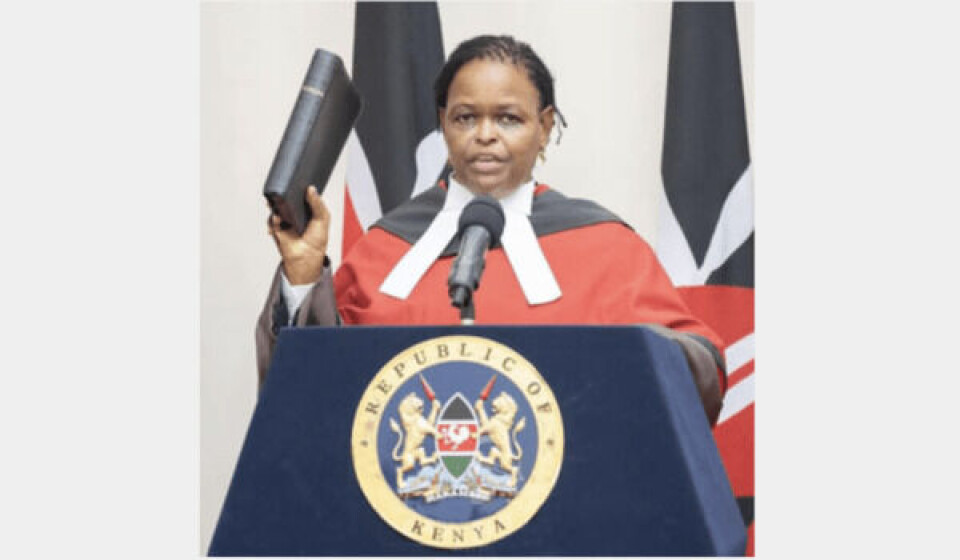The judges declared that since Kenya’s history is littered with incidents of gross human rights violations and atrocities, both during the colonial and post-independence era, it would be unfair for the time lapse to lock out those seeking redress.
“We need to confront and silence the ghosts of historical injustices since victims of such abuses were never granted opportunity to obtain redress and justice. There is no limitation of time in matters relating to violation of rights which are evaluated and decided on a case by case basis,” ruled the Court.
Chief Justice Martha Koome, her deputy, Philomena Mwilu, alongside judges Smokin Wanjala, Njoki Ndungu and William Ouko also awarded a total of Sh15 million ($120 500) to six victims brutalised by police during a protest against the dictatorial government 31 years ago.
The victims – Monica Wamwere, Priscilla Kimani, Lucy Waturi, Esther Gathoni, Michael Kamami and Koigi Wainaina – were among a group of women and their supporters who, in February 1992, held a protest and hunger strike to urge the release of political prisoners. The prisoners were incarcerated by former President Daniel Moi for politically instigated offences ranging from treason and sedition, to being members of unlawful organisations.
Police officers stormed the area where the protesters had gathered and dispersed them through brutal force, torture and arbitral arrest; some of the women stripped off their clothes in protest.
After successive changes in regime, the victims filed a Constitutional Petition at the High Court in 2013 seeking redress for the suffering and violation of their rights by state operatives.
The High Court, however, dismissed their claims on the basis that too much time had elapsed before they filed the petition, and that they did not give plausible reasons for the 20 year delay. The victims appealed the decision, but the Court of Appeal also dismissed them on account of the time lapse.
At the Supreme Court, the victims through lawyer Gitau Mwara argued that they had offered plausible reasons for the delay given the lack of faith in the judiciary prior to the promulgation of the new constitution in 2010. The Attorney General, through state counsel Deborah Robi, maintained that the victims had taken too long to file their claims and were not entitled to any damages.
The Supreme Court, however, ruled that, in considering whether the delay was inordinate, the courts ought to be sensitive to reasons adduced and balance that with the likely prejudice victims might face in defending the claim.
“There is also a public interest element in allowing victims of past gross human rights violations to access courts; that is, serving justice is the most effective insurance against future repression,” ruled the court.
They added that judicial trial serves to send a strong expression of formal disapproval of gross abuse of human rights, and that failure to do so would encourage and not deter potential violators of rights.
To join Africa Legal's mailing list please click here

